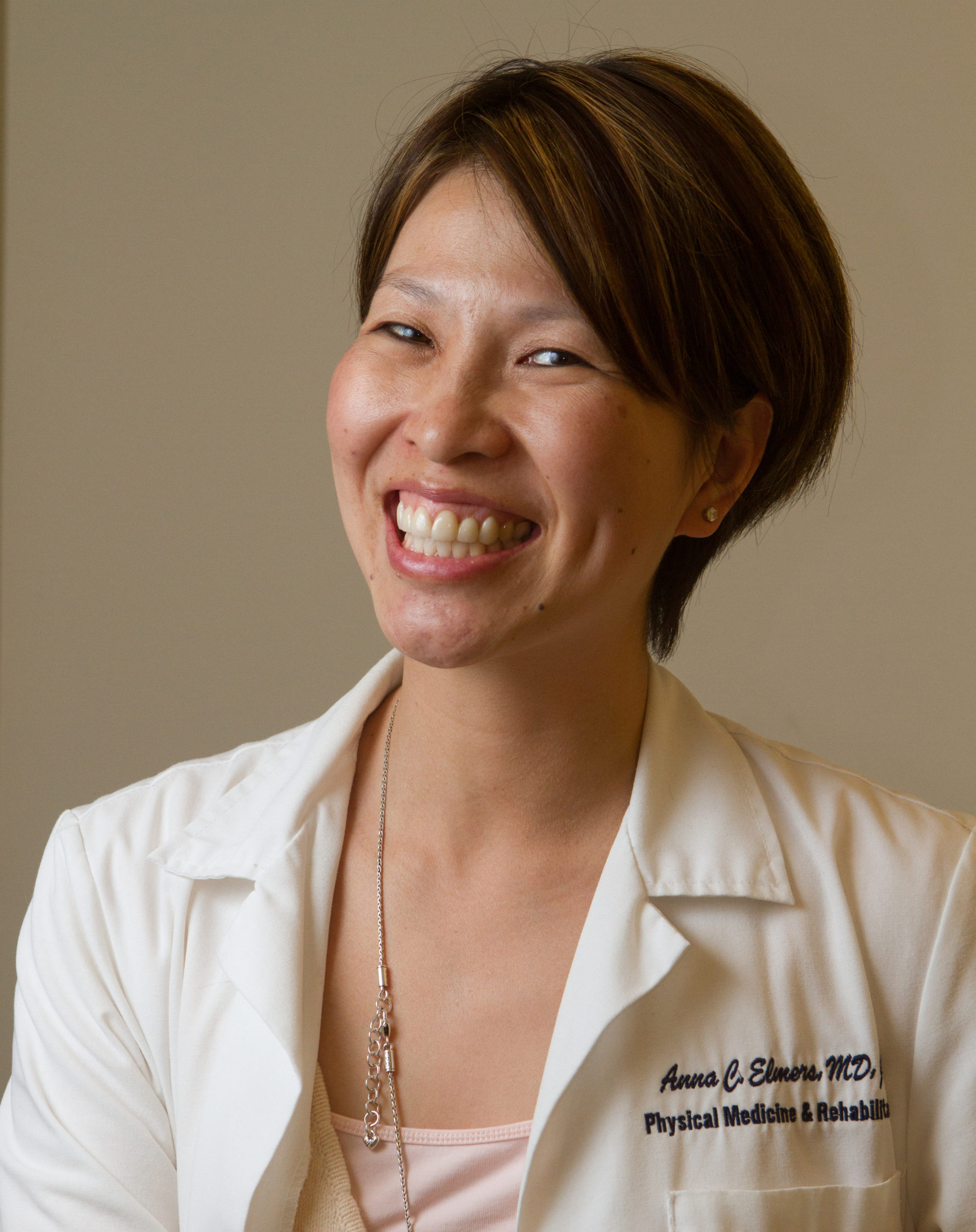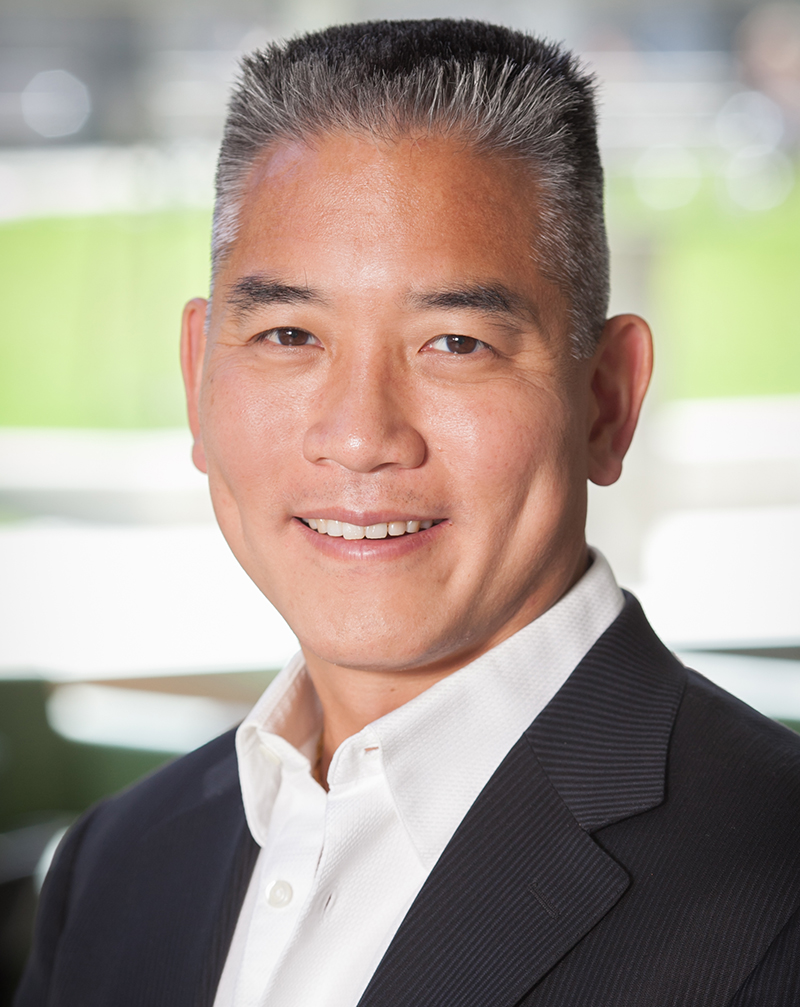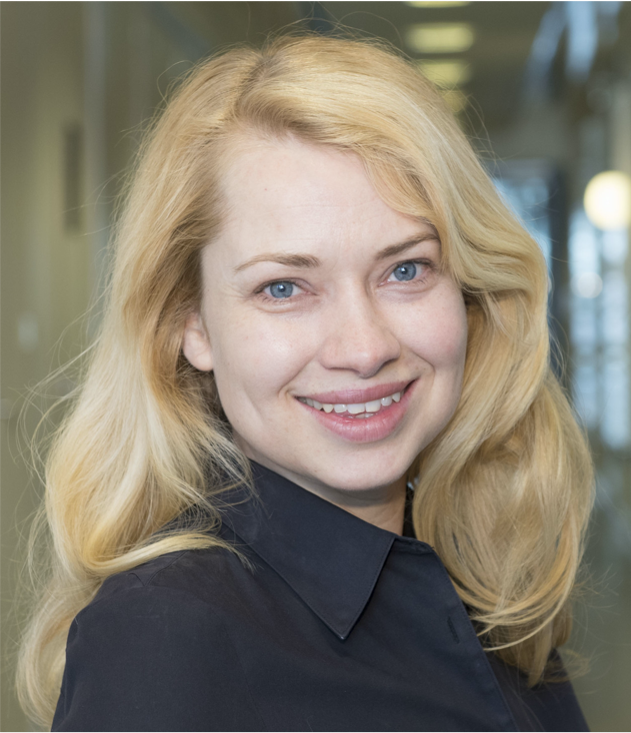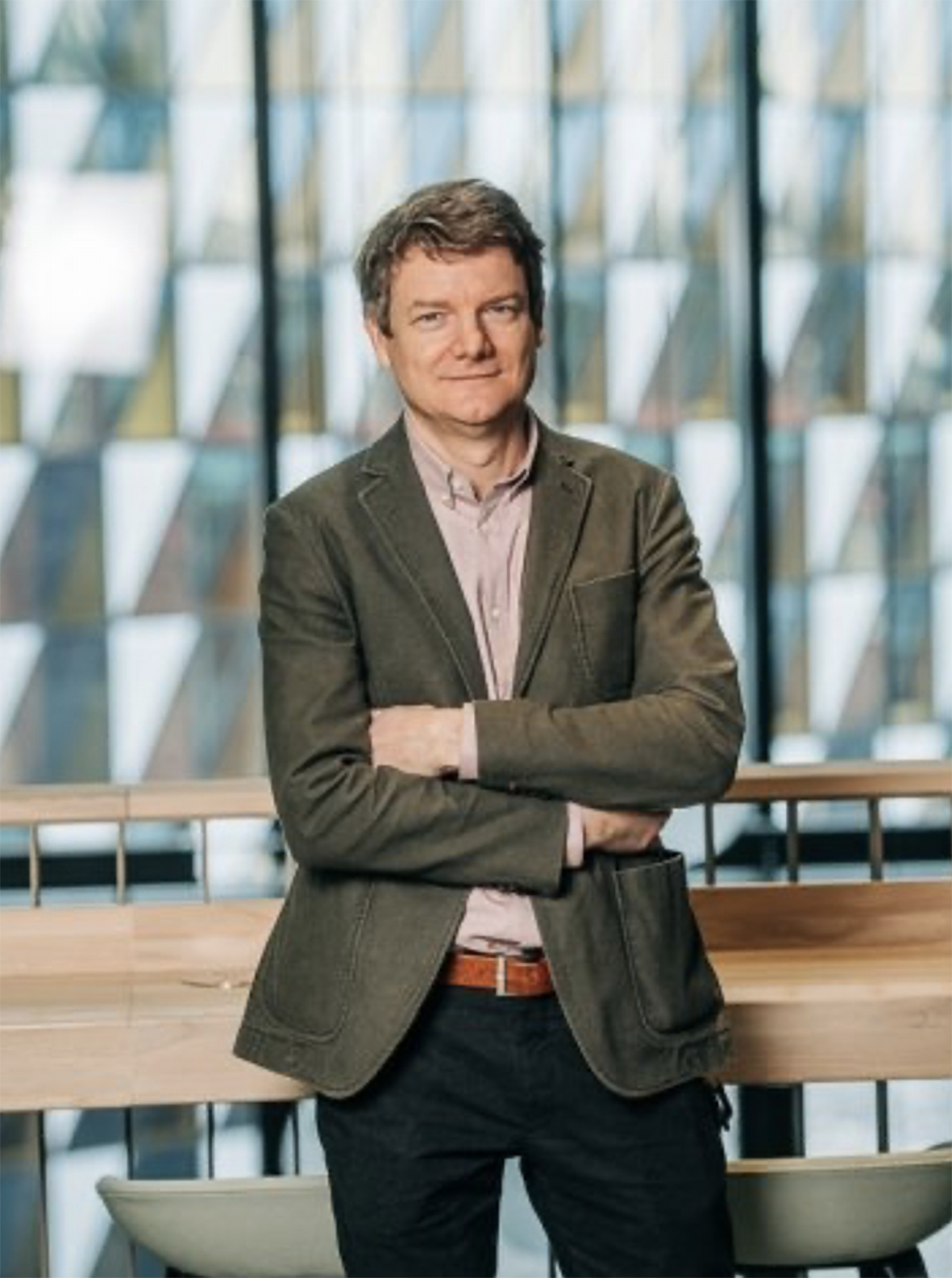
We are delighted to present the keynote speakers for NoSCoS 2022.


Anna Choo Elmers is a board certified physical medicine and rehabilitation physician at the Shepherd Center, a 152 bed spinal cord and brain injury rehabilitation hospital in Atlanta, Georgia. Having fallen in love with spinal cord rehabilitation, she joined the staff at Shepherd immediately upon finishing her residency training at Emory University in 2009.
Her journey to rehabilitation medicine at Shepherd was by no means a straight path. After college and traveling, she attended and completed law school at the University of San Diego School of Law. She attempted to find a career she loved in law, but found herself unfulfilled. After two years of law, she started medical school at St. George’s University School of Medicine in Grenada, West Indies. She spent two years in Grenada prior to transferring to the George Washington University School of Medicine in Washington D.C., where she completed medical school.


Brian Kwon is a Professor in the Department of Orthopaedics at the University of British Columbia, the Canada Research Chair in Spinal Cord Injury, and holds the Dvorak Chair in Spine Trauma. He is an attending spine surgeon at Vancouver General Hospital, a level 1 trauma center and regional referral center for spinal cord injuries (SCI). He is also a research scientist at the International Collaboration on Repair Discoveries (ICORD) and the Chair of the SCI Cure Committee for the Rick Hansen Institute. His primary clinical and scientific research focus is in spine trauma and spinal cord injury (SCI). As a surgeon-scientist, he is particularly interested in the bi-directional process of translational research for spinal cord injury. He has worked extensively on establishing biomarkers of human SCI to understand the biology of human injury and to better stratify injury severity and improve the prediction of neurologic outcome. Brian Kwon has led the development of a novel large animal model of SCI and is utilizing this for both bench-to-bedside and bedside-back-to-bench translational studies. He has also led initiatives to establish a framework for how promising therapies for SCI should be evaluated in the laboratory setting prior to translation into human patients.


In 2009 Karin Jensen was awarded a PhD in clinical neuroscience from Karolinska Institutet with a thesis on pain and human brain function. Upon her graduation she joined the Department of Psychiatry at Harvard Medical School and Massachusetts General Hospital. Jensen has developed a research line within the field of pain and placebo studies, first as Assistant Professor at Harvard Medical School, and later as Associate Professor at Karolinska Institutet.
Jensen is the leader of the Pain Neuroimaging Lab at Karolinska Institutet, a research group focusing on brain mechanisms involved in the experience of pain and placebo effects. Her work has challenged existing models of the placebo effect and contributed novel scientific data demonstrating that placebos work outside of conscious awareness, and how placebo effects are shaped by subtle social cues between a patient and health-care provider.
Jensen is currently a board member of the Society for Interdisciplinary Placebo Studies. Her scientific works are published in highly ranked scientific journals such as Science Advances, Neurology, Pain, Proceedings of the National Academy of Sciences (PNAS) and Molecular Psychiatry.
Homepage: kipain.com
Instagram: @kipainandbrain


Christian Göritz, Associate Professor, Principal investigator, Department of Cell and Molecular Biology, Karolinska Institutet.
Together with his research team, Christian Göritz investigates the mechanisms that mediate scarring and repair of the central nervous system, with focus on spinal cord injury. Göritz et al. discovered a new type of cells that are associated with small blood vessels, named type A pericytes. These cells are the main source of fibrotic scar tissue, which constitutes the long-term persistent scar core following spinal cord injury. By comparing different lesion models, the Göritz team is intending to uncover common mechanisms of scarring and fibrosis with the goal to identify new targets for the treatment of central nervous system lesions in humans.
Christian Göritz has as Principal Investigator been granted a prestigious ERC Starting Grant, a Wallenberg Academy Fellowship as well as a Ming Wai Lau Centre for Reparative Medicine Fellowship after his Postdoctoral studies in the lab of Jonas Frisén. He did his PhD in Neuroscience in a Max Planck research group on astrocytes and synapse formation.
The Noscos Scientific Committée are pleased to invite Christian Göritz to present a plenary lecture instead of previously announced keynote speaker Professor Jonas Frisén, Department of Cell and Molecular Biology, Karolinska Institutet.

Need any help? Please get in touch we will be happy to assist you.